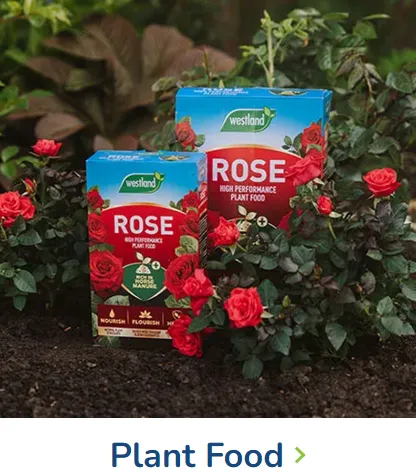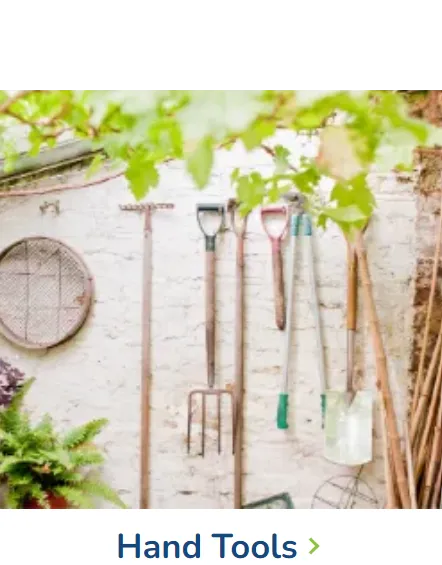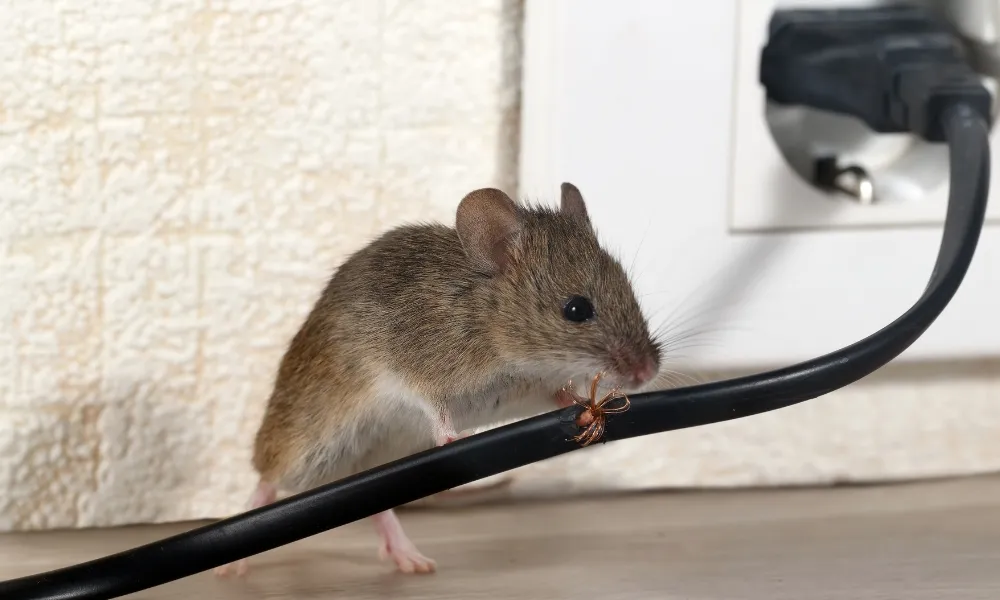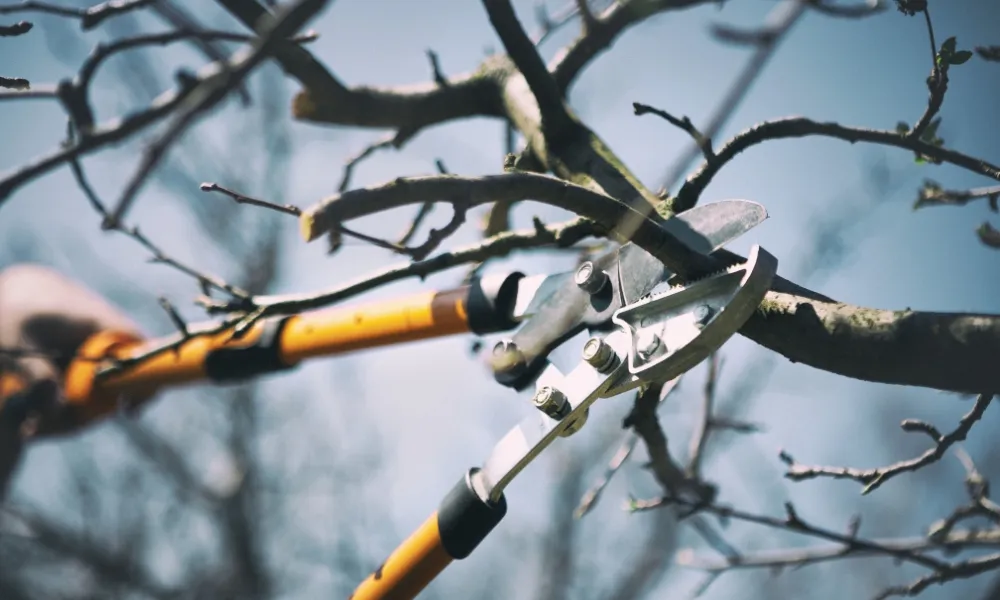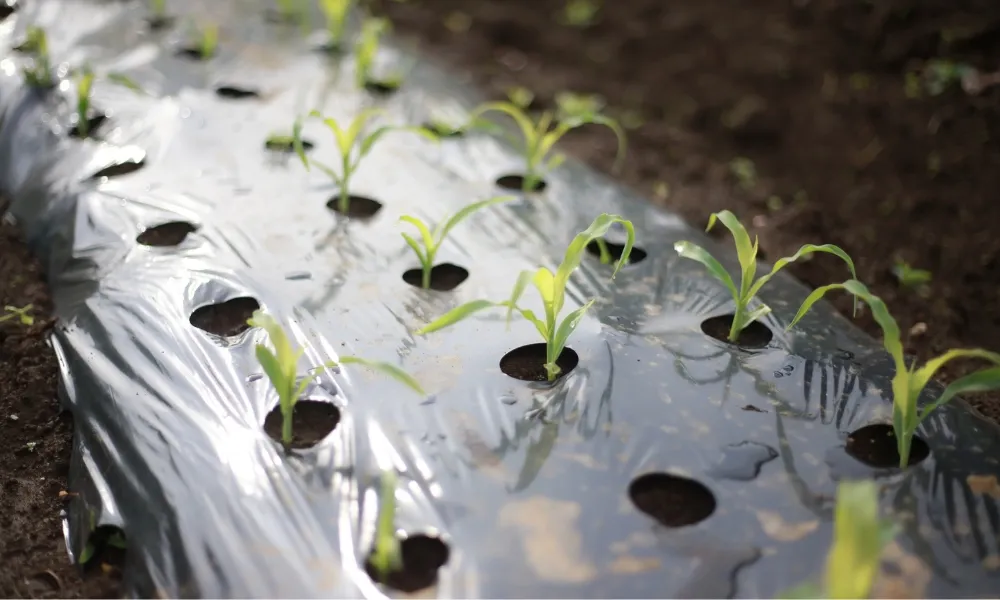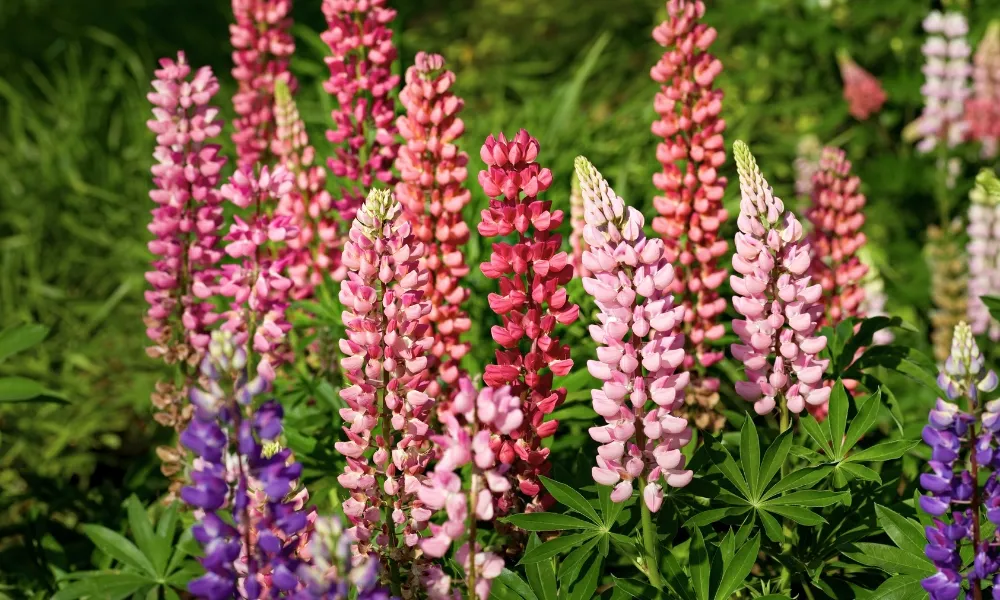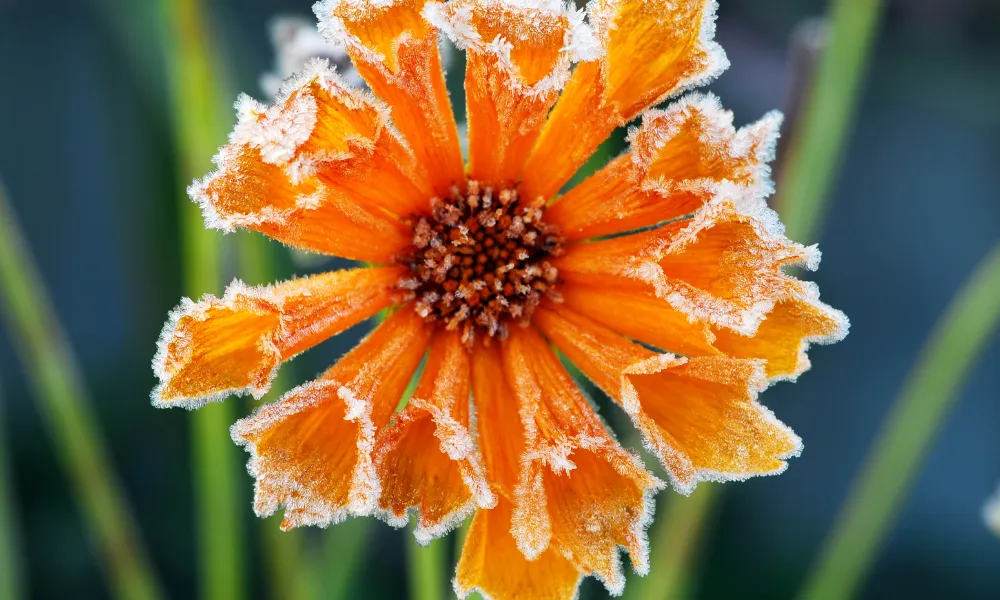
Despite the last couple of weeks I think that we were a little hard done by with our summer but what can we do?!
The first frost is on its way and it's time to prepare the garden for the long dark cold evenings. Here are a few tips and pointers as to what you can do to help your garden weather the winter!
Bulbs.
If you haven't already now is the time to get those spring flowering bulbs into the ground. Daffodils, Crocus, Hyacinths and Snowdrops are a few that need to go in now to get the best blooms come the early spring.
Pruning.
A lot of the summer flowering plants have come to the end of their cycle and will need to be pruned back. When pruning always be sure your tools are clean as diseases can spread between plants. It's also important to make sure your secateurs is sharp you can easily sharpen your old one using a purpose made sharpener such as the Corona Solid Carbide Sharpening Tool.
Dead Clearing.
Fallen leaves, dead plants, and general weeding should be done well now. Any piles or build up of leaves should be removed, mice have a tendency to look for places to nest around now and old leaves are a perfect spot for them. Any dead or diseased plants should be removed as overwintering will make your problem tenfold in the spring. Be sure not to put any diseased plants near or in your compost as it will infect it.
If you have a water feature or pond it can be helpful to place a net above it to catch any falling leaves Kingfisher Garden Netting is perfect for this.
Store Summer Furniture.
I'm sure many of us bought garden sets over the summer and any of the lighter plastic ones should be cleaned and stored now if we want them for next year. Equally any trampolines should be securely pinned to the ground so that they're storm ready. If you have heavier metal furniture that can't be moved cover it with tarpaulin (Blue Tarpaulin 12' X 9') making sure it's firmly secured.
Mulching.
If there is an extremely hard frost it can damage and kill your plants root systems, the 'Big Freeze' in 2010 wiped out large areas of plants decimating gardens. One way to protect your plants is by mulching. Spread mulch no deeper than 2.5" thick. Any deeper and the mice will be attracted. Prior to mulching you can spread slow release fertiliser or Organic Chicken Manure Pellets so that your plants will be primed for spring.
Tool Shed.
Cleaning your shed or storage area is very important. As mentioned previously rats and mice are on the hunt for dry warm areas to nest and a messy shed would be a very attractive spot for them (View our blog on Rodent Control). Clear any unused corners and tidy up any piles of old garden bags or rubbish. It's a good idea to place bait boxes such as Lodi Rat Station Grain & Block which is a humane catch and release set up. Or there is Vertox Oktablok Wax Block Bait to poison them. (Always use a bait box when using poison to protect pets).
Clean your tools scraping off any muck or grass and make sure they are stored in a dry secure area. I always give most tools a quick spray of Wd40 when clean to ward off rust.
Planning.
Finally once you have all of the above done you should have been able to take stock of what is working and what isn't in your garden, are there plants that didn't thrive in your soil? were some plants placed in areas that were too windy? did some plants grow overly in certain areas? Take note of this for spring for planning next planting season.
Now. Time to light the fire and make a cup of tea :)
Sophie x




